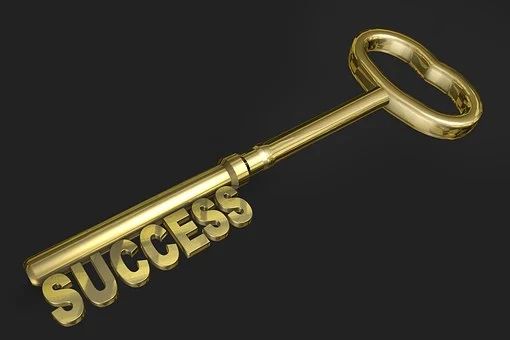An interviewer’s main aim in an interview, I would assume, is to get the most out of the process of interviewing the interviewee. To do this, there are a couple of guidelines that have to be followed or rather an order towards the completion of the interview process.
In this blog, we’re going to be looking at tips to conduct a successful interviews and to ensure you as an interviewer, get the most out of conducting the interview
Divide the Interview into Sections

To maximize on time, it’s advisable to have a layout of how you want your interview to play out. The first section can be the introduction. In the introduction part, you as the interviewer can explain to the interviewee what the interview is about and what it will be used for, your name as the interviewer, who will be the benefactors of the interview data. If any compensation is to be given, just the basic information regarding the interview should be in the introduction section. Then the body that gets into asking the questions with regards to the study. Then the final part which is the conclusion can take care of any additional questions that are probably not directly related to the interview, I like to call them curiosity questions. In the conclusion you can also ask the interviewee if they have any questions or concerns regarding the interview.
Diving up the interview into sections also helps to save on time. No one wants to spend an entire day conducting or attending an interview.
Liberty to tell their Story
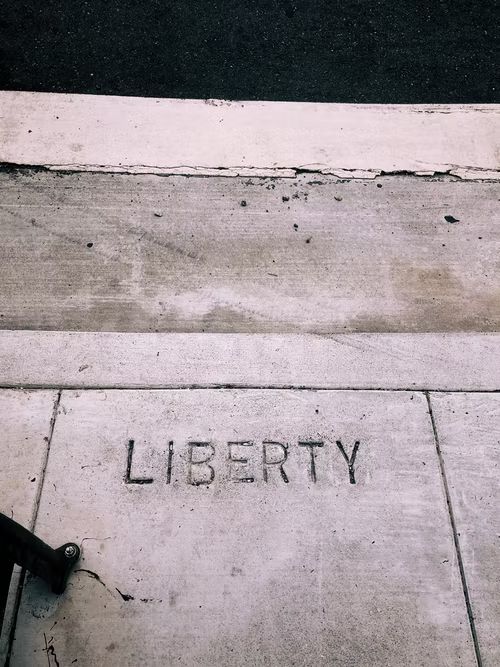
Oral history is all about remembering past events and expressing them orally. As an oral historian it is not important that you ask all the questions on your list. Sometimes when you ask a question it just leads to the interviewee going on a “rant” about additional information regarding that question that branches out into more information that you probably never knew you needed but end up finding important. Oral history is all about listening and asking open ended questions that nudges the interviewee to recollect as much information as they possibly can.
Share your Questions Beforehand
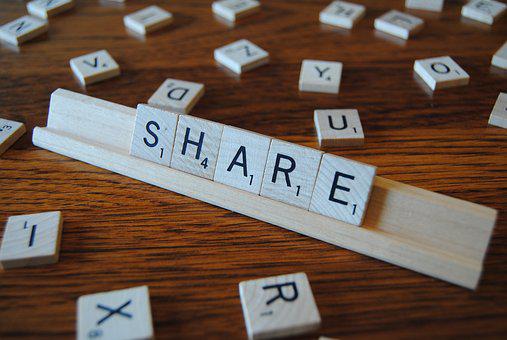
Sharing your questions with the interviewee, helps to create a bit of comfort for the interviewee as they’ll somewhat know what to expect. They’ll know what questions shall be asked and approaching them with a preview will be easier for them.
Prepare for the Interview
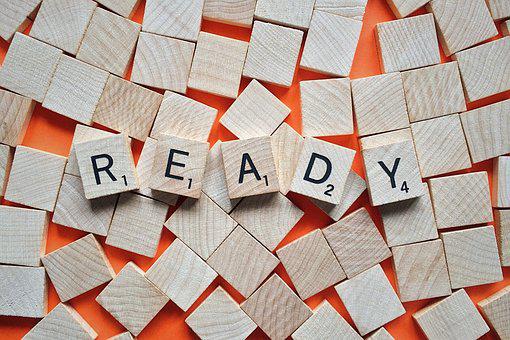
As an interviewer it is pertinent that you prepare yourself for the interview. Collecting data, reading articles and visiting libraries to find out more information on your area of study. As much as you are going to gather data, it is important that you don’t go absolutely unaware of what it is you are going to gather data on. At least read up on the basics and get to know more about the areas of study. Take your time to read up and enrich yourself with what it is you are wanting to find out. This gives the interviewee the feel that he or she is talking to someone who is aware of what they are asking about. May not be a vast amount of knowledge but just try and be somewhat of an aficionado in the area you are researching on.
Provide forms With Biological Data
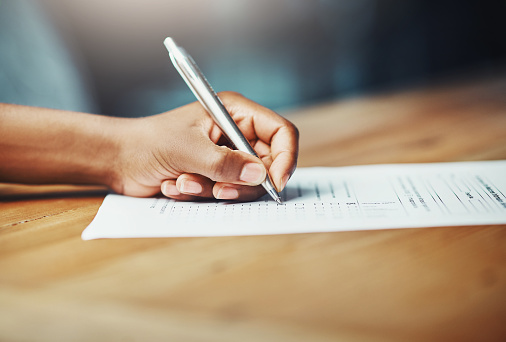
Some of the data collection questions may not apply to all interviewees, so having a form that they can fill out, will help avoid asking them irrelevant questions that do not concern them. They are at liberty to answer questions that they find most suitable to them using the form.
That’s it for this blog, I do hope it was helpful. Please feel free to contact us with any questions, comments or suggestions you may have.
Kindly consider us for any of your oral history transcription needs and remember, always be kind, try to stay positive and learn to unwind.
